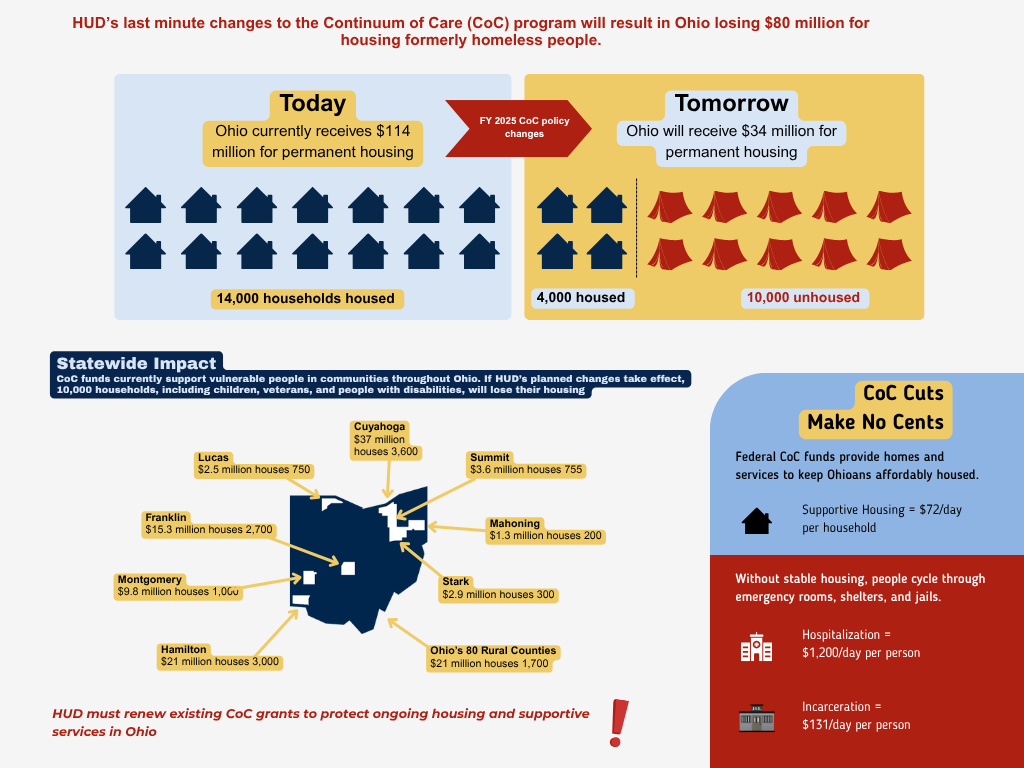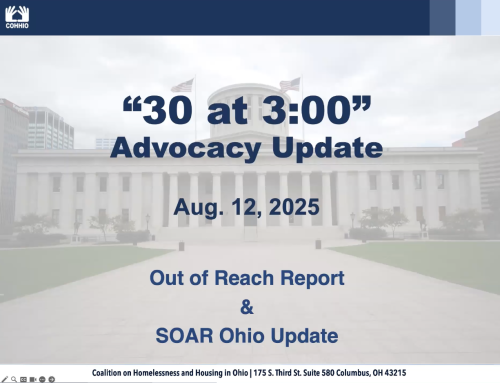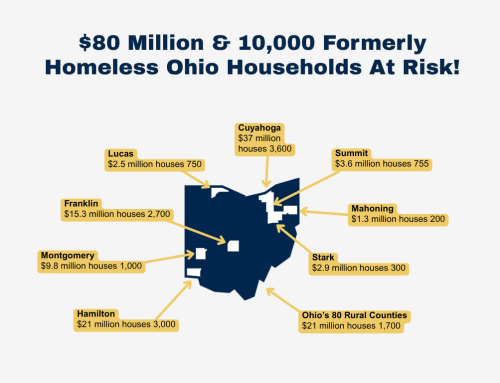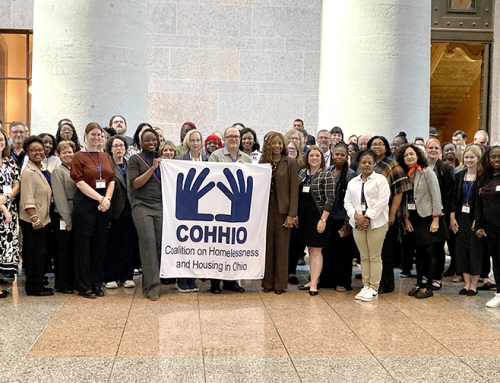Here’s what you need to know about Trump Administration planned changes to HUD’s Continuum of Care program.
1. What is HUD’s Continuum of Care Program?
- The largest federal grant funding source for homelessness services and housing
- HUD administers the CoC program to fund: Permanent Supportive Housing, Rapid Rehousing, Transitional Housing, and supportive services to move people out of homelessness
- Up to 90% of CoC funding renews ongoing projects that serve people with disabilities and households experiencing homelessness
2. Recent Administrative Streamlining
- In 2024, Congress approved a two-year funding cycle to reduce local agencies’ administrative workload and maximize assistance to clients
- Highly ranked homeless projects were supposed to auto-renew the second year—no full re-application would be required
- Under this newly streamlined process, in January HUD awarded $178 million in CoC funding for Ohio
3. What Happens Next?
- HUD recently indicated plans to overhaul the CoC Program by issuing a last-minute FY 2025 Notice of Funding Opportunity (NOFO)
- The upcoming NOFO will likely cap permanent housing assistance at just 30% of a CoC’s previous allocation; most communities are currently at 85% – 90%
- If allowed to take effect, HUD’s changes will amount to an $80 million cut in federal funding that currently houses formerly homeless Ohioans
- Ohio providers could run out of money in the first quarter of 2026
4. Why It Matters
- CoC funds are Ohio’s largest source of funding for supportive housing and rapid rehousing; most programs will be forced to shut down
- Most residents have disabilities, including mental health and addiction issues; many will return to homelessness
- Ohio communities will see more street homelessness and increased demand for shelter, emergency, and public safety services
5. More information
- Download COHHIO 1-pager
- National Alliance to End Homelessness’s advocacy tool
